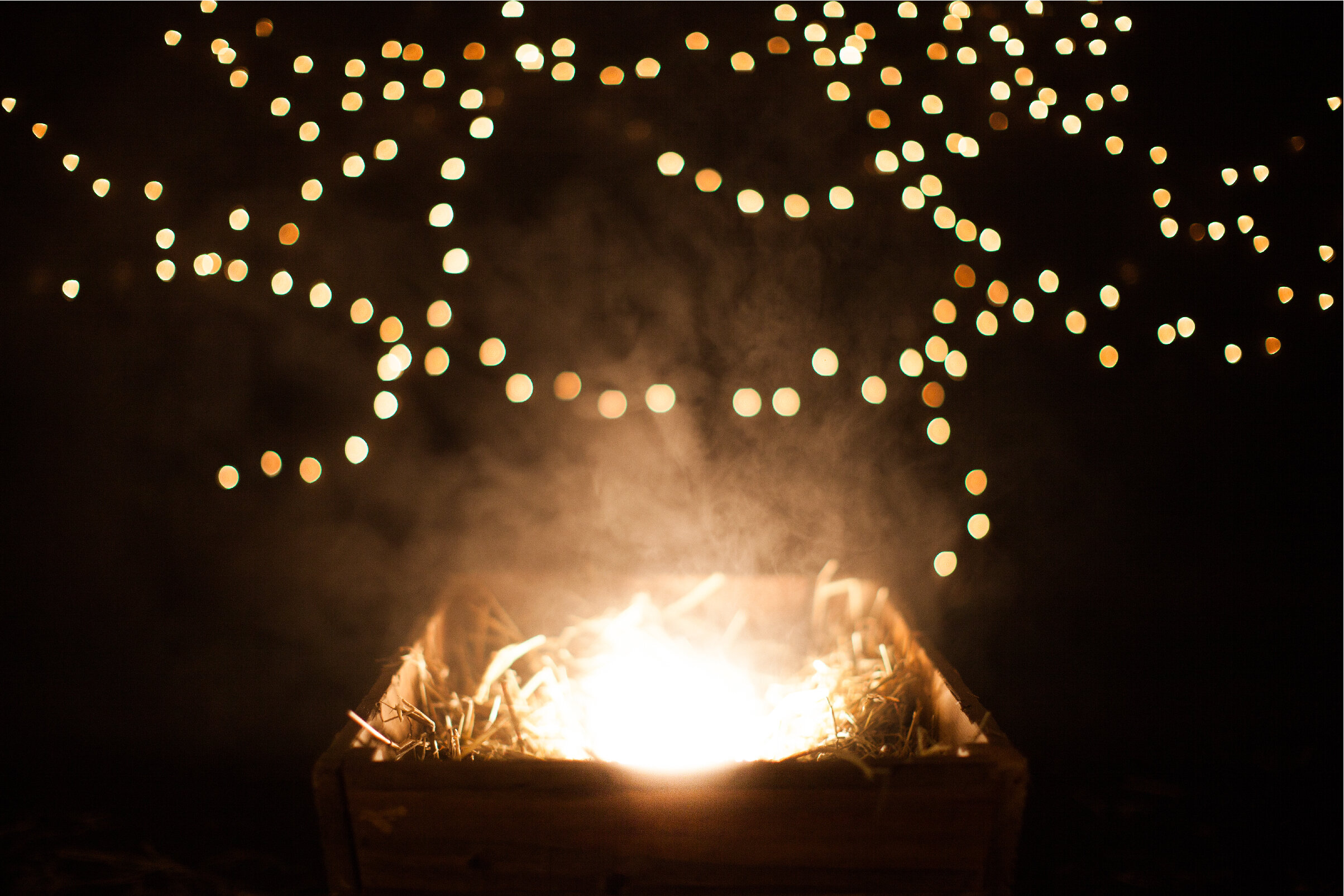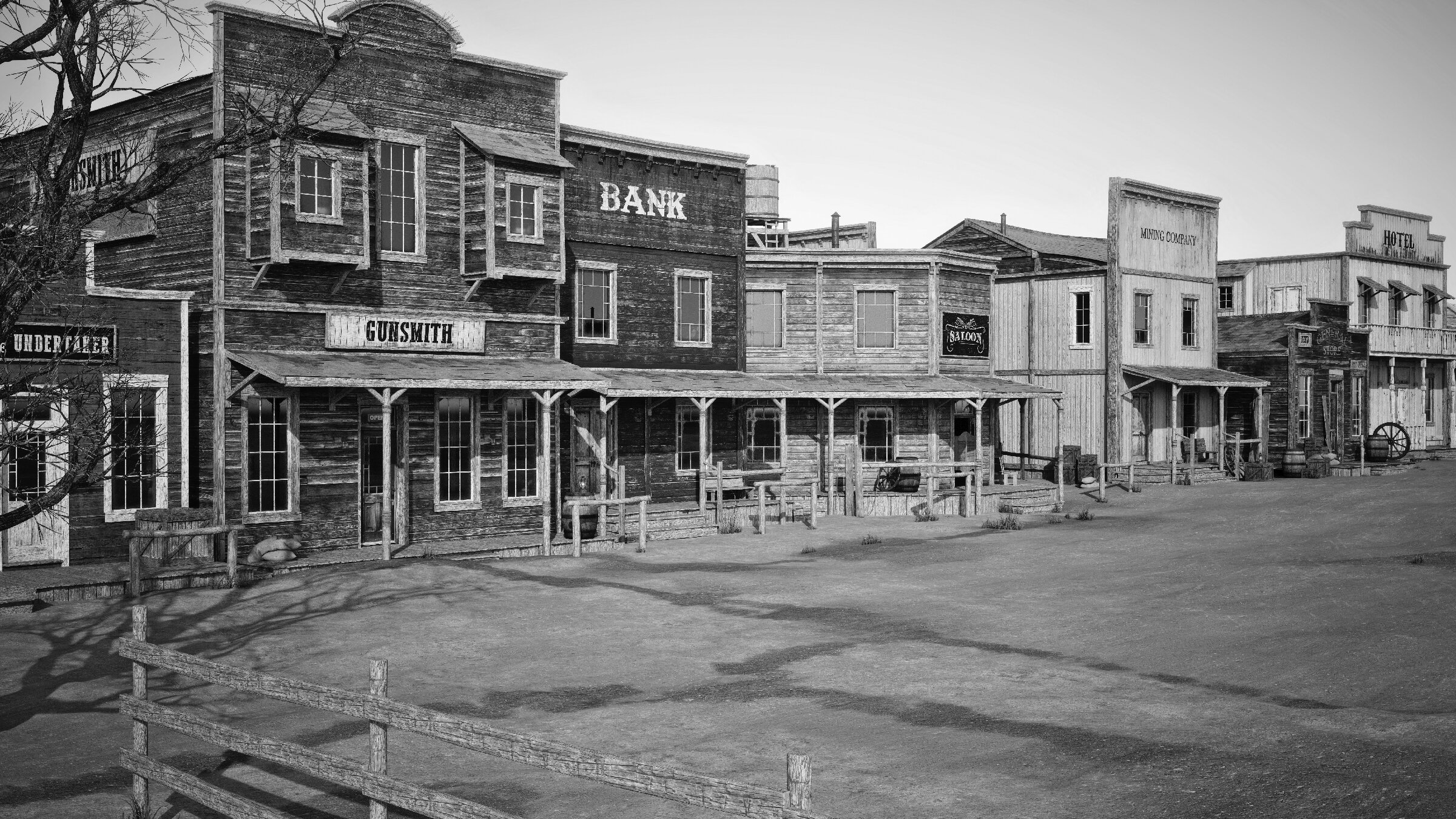Major Scandal …
There is a Major Scandal in Washington. In that dog-eat-dog town, the President’s dog, named Major, has bitten not one but two people in the White House. He bit a Secret Service Agent. He nipped at a Park Service employee.
The Biden’s have two German Shepherds: Champ, who they adopted as a puppy when Joe Biden was elected Vice-President; and Major, who was fostered out of a home where he had been exposed to toxic material. The family could not afford the Vet bills, so they put him up for adoption. The Biden’s took Major in, then adopted him, making him the first shelter/foster dog in the White House.
I have a soft spot for German Shepherds. When I was a toddler, we had a German Shepherd named Mo. Mo was my companion for adventure. About age two, I wandered off with Mo. Apparently, I got tired and laid down under an orange tree. When they found me after several hours of searching, Mo was curled up around me, standing guard.
The county rest home, called Resthaven, was half a mile up the road from our place, and the residents would occasionally try to escape. Once again, I wandered off and found an old man who had escaped from Resthaven. He was lost and was trying to get through one of our barbwire fences. He was tangled up and cussing up a storm. When they found me (and him), Mo was sitting beside me, and I was sitting crisscross, entranced by this old man. We learned new words that day.
Mo was run over by a car, and we got another German Shepherd. This one did not stay long. My Uncle Dow came by the house, and the dog attacked him. It ripped his shirt off and tore his back up. I can still see the blood running down Uncle Dow’s back. I am not sure what happened to that dog, but he was gone by the end of the week.
I can understand why a President wants a dog. There is a saying in Washington: “If you want a friend, get a dog.” Every President, except James Polk and Donald Trump, had dogs in the White House. I suppose every President needs someone who loves him, even when he messes up, even when the First Lady is mad at him. After the Monica Lewinsky affair became public, Hillary Clinton wrote their dog “Buddy” was the only member willing to hang out with Bill. I know men who were not President who had the same experience after they cheated on their wives.
The White House is not the easiest place to live. Harry Truman referred to it as “The Great White Jail.” People are coming and going all the time. Some are there to protect; some are there to serve,and others are there to govern. If you are a dog, it is very confusing.
The dog behavioral experts say the problem is not with Major but with the environment. Major, they say, has had trauma in his life and reacts badly to the unfamiliar. I know some people like that. Major was packed off to Delaware after the first bite to undergo further obedience training. The experts agree this was a bad move. The key, they say, is to make the White House a less stressful place and for the Biden’s to participate in his training. I am not sure that is realistic. Can you imagine the President saying to the Kim Jong-un of North Korea, “Sorry, I need to get off the phone. My dog needs my attention.” Kim Jong-un might take offense and launch a missile.
Maybe having a biting dog in the White House is a good thing. I bet more than one President wishes he had a dog he could sic on a political opponent. They say you can train a dog to tell when someone is lying. If that is so, I would support an effort to deploy that dog in Washington, New York, and several Baptist churches I know.
Fun fact: Dogs are mentioned forty-one times in the Bible. Granted, they are usually not mentioned in a positive light. In the ancient world, dogs were scavengers, not warm, cuddly puppies. However, cats are not mentioned in the Bible at all. Not once. Draw your own conclusions.
One mention in the Bible of a dog is in Proverbs 26:17 – “Like one who grabs a stray dog by the ears is someone who rushes into a quarrel not their own.” Here is what I know about grabbing a stray dog by the ears: Don’t. This verse might be the guidance needed in Washington: stay out of quarrels that are not yours. It might just be good advice for you, too.
Maybe Major needs to wear a sign around his neck that simply says: “If you know what is good for you, do not pull my ears.”











